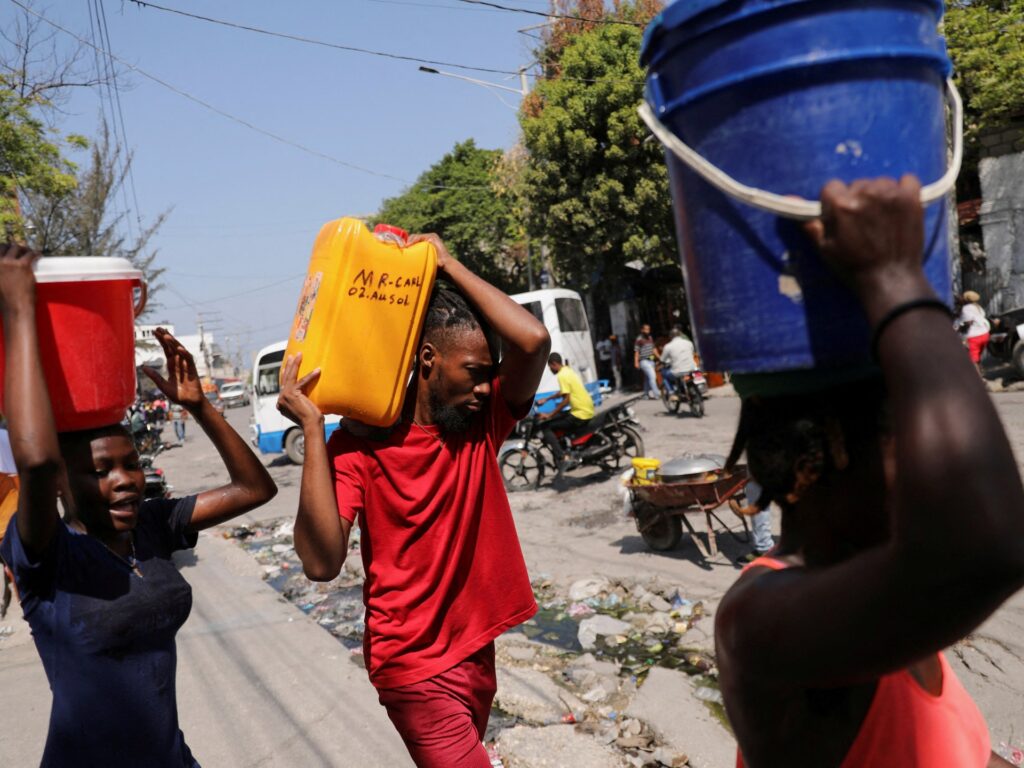Uncertainty hangs over Haiti as it waits to form a new government following the resignation of Prime Minister Ariel Henry.
The move has been welcomed by Haitians exhausted by months of escalating gang violence. But while the streets of the capital Port-au-Prince appeared largely calm on Tuesday, the security situation remains far from resolved.
Mr. Henry, who is stranded in Puerto Rico, released a video late Monday night promising to resign as soon as a transitional council and interim leadership are chosen.
After Caribbean leaders and U.S. Secretary of State Antony Blinken met in Jamaica, U.S. officials said the council should be appointed by Wednesday or Thursday.
Michel Boisvert, who served as Haiti's acting prime minister while Henry was overseas, said he would facilitate an orderly transition, according to a U.S. State Department official.
There were signs of an improving security situation in the capital Port-au-Prince on Tuesday, with streets quiet and no attacks on government offices or police stations reported.
CPS' main cargo port has been reopened and some fuel has been allowed to be removed from the nearby Valou facility, local news outlet Le Nouvellesto reported.
The capital's airport has not resumed operations, but the insurgents who had taken control of it are no longer there.
Still, Radio Television Caraibes, one of Haiti's oldest and largest television stations, said it had to leave its headquarters in central Port-au-Prince, citing the worsening security situation.
In another potential setback, a senior Kenyan diplomat told Reuters that plans to send police officers to Haiti to lead a UN-backed security mission were a “clear sign” that a new transitional government would be formed. He said it has been suspended until the issue is released.
The long-delayed mission aims to restore order in the Western Hemisphere's poorest country by reinforcing overgunned local police forces.


